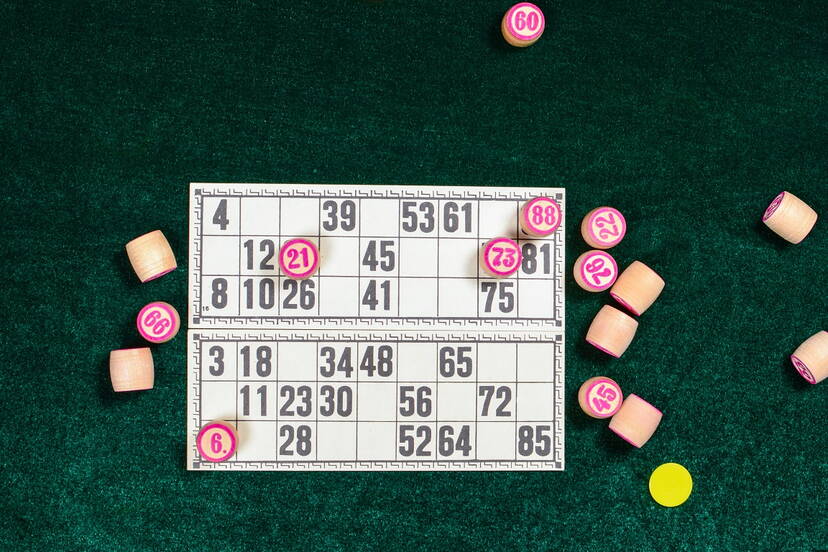Gambling among friends and family
Private money games are permitted and are not subject to the Gambling Act. However, this provision is less straightforward than it seems.
Not just any game played at home among friends is a private game in the sense of the law (“Geldspiel im privaten Kreis”); it’s all to easy to stray into illegality. Art. 1 of the Gambling Ordinance explicates in detail what makes a money game “private”. As soon as a game is run “commercially”, that is by an operator who aims to gain a return, it is no longer private. This means that no fee whatsoever must be charged of the players over and above the actual stakes wagered. In addition, all stakes must go back to the players as winnings. A game is also no longer private when it is “publicly announced”, for example on flyers or the internet. Furthermore, the number of players as well as the winnings must be small.
But what does “small” mean in this context? The question can only be answered with regard to the actual game at hand. Gespa is at your service to assess whether the game you are envisaging is legal, taking into account all contextual factors.


